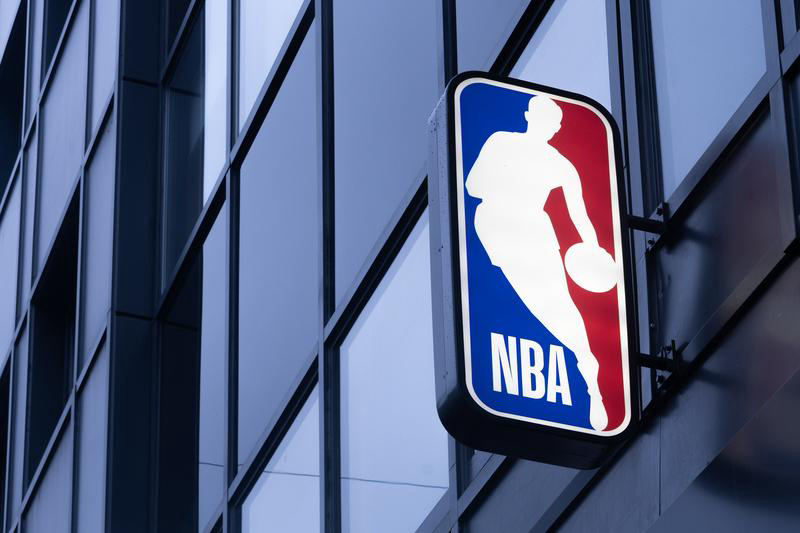Former Seattle SuperSonics guard, Gus Williams, passed away on January 15, 2025, at the age of 71. Known as “The Wizard” due to his exceptional playmaking skills, Williams was instrumental in leading the SuperSonics to their only NBA championship in 1979.
Following a stroke in February 2020, Williams had been living in a care facility in the Baltimore area, Maryland. His health difficulties led to the establishment of the Sonics Legends Fund, conceived to aid ex-SuperSonics players, including Williams and his teammate Slick Watts, with their medical costs.
Williams, born on October 10, 1953, in Mount Vernon, New York, first made his mark as a distinguished player at Mount Vernon High School. He then went on to attend the University of Southern California, where he was voted a second-team All-American in 1975 and honed the skills that would characterize his professional career.
With a distinctive bouncy, off-the-cuff style, Williams had an impressive NBA tenure from 1975 to 1987. During his career, he played for four teams and participated in 825 regular-season games. Standing 6 feet 2 inches tall and weighing 175 pounds, Williams averaged 17.1 points, 5.6 assists, and 2.7 rebounds per game, solidifying his position as one of the top guards of his time.
Williams is also remembered for his remarkable performances during the playoffs. His average of 19.5 points per game in the postseason is the second-highest among retired players not yet inducted into the Basketball Hall of Fame, with a minimum of 90 games played.
Chosen as the 20th overall by the Golden State Warriors, the reigning champions in 1975, Williams made an immediate impression. He averaged 11.7 points per game in his rookie year, earning a position on the NBA All-Rookie First Team and finishing second in the Rookie of the Year vote to Alvan Adams.
Williams joined the SuperSonics in 1977 after two seasons with Golden State. Alongside Dennis Johnson, he formed one of the most potent backcourts in the NBA. His performance in the NBA Finals was phenomenal, scoring an average of 29 points per game with a 50% field goal percentage, leading the Sonics to a five-game victory over the Washington Bullets for the 1979 championship.
The following season saw Williams further enhance his game, averaging 22.1 points and ranking eighth in MVP voting. He and Johnson were named to the All-NBA Second Team. However, a contract dispute caused him to sit out the 1980-81 season. Despite insisting his holdout was about more than just money, he signed a groundbreaking five-year, $3 million contract in June 1981. The Sonics, missing his presence, ended the season with a 34-48 record.
Williams made a triumphant return in the 1981-82 season, posting a career-high average of 23.4 points per game. His outstanding performance earned him his first All-Star selection, NBA Comeback Player of the Year honors, and his only First-Team All-NBA selection. He earned another All-Star appearance in 1983.
After seven seasons with the SuperSonics, Williams was traded to the Washington Bullets. He spent two seasons there before ending his career with the Atlanta Hawks in 1986-87. The SuperSonics recognized his significant contributions by retiring his No. 1 jersey in 2004. In 2016, USC also honored him by retiring his No. 10 jersey.











